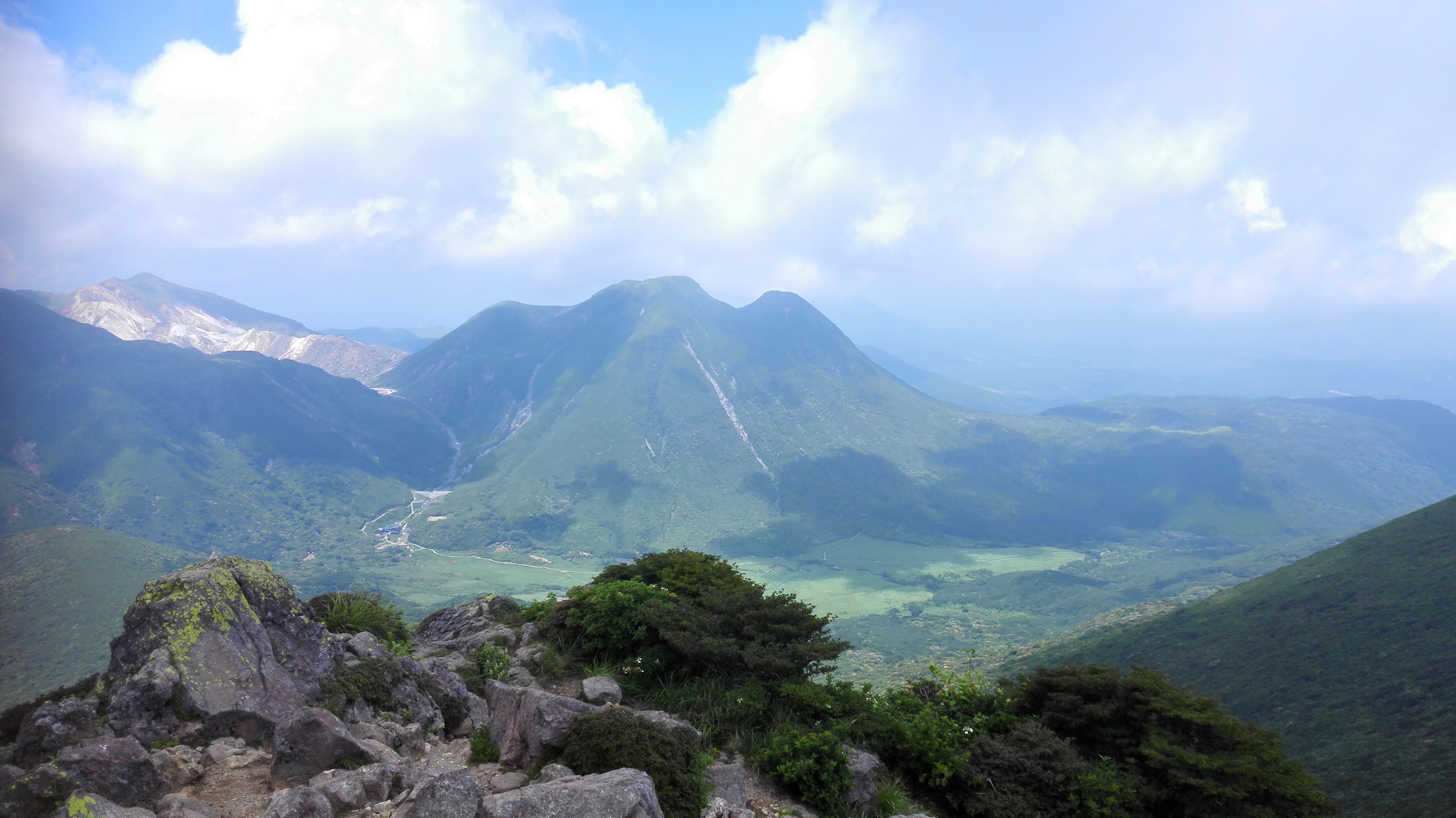The 08th of October in Amsterdam, at Zuidekerk, was the second day of the Festival G10 for Economics and Philosophy in Art. The common theme of this day seemed to be the concept of freedom from a philosophical perspective. The six guests were Charles Foster, Jaap Scholten, Lea Ypi, Richard Baker Roshi & Nicole Baden, and Slavoj Žižek. They discussed the topic in their area of expertise and different discourses and took questions from the audience, allowing us to participate in the conversation. This day was a journey and brought plenty of food for thought in the context of today’s world situation, from politics to the everyday ways to deal with injustice and find inspiration to dig our corners of the Earth.
“Economists on the G10 speak less about taxes and interest rates, but more about future forms of society. We use philosophy in the sense of interpreting underlying patterns based on hidden powerstructures or dismantling empty words and concepts.”
G10 Website
Inspired by the fantastic lectures, I would like to discuss them individually. I dedicate this post to the questions by Charles Forster and my reflection on it.
According to Wikipedia, Charles is an author of many books and a traveller, veterinarian, taxidermist, barrister and philosopher. He introduced an interesting question about freedom through a naturalistic point of view. He defined civilisation and how it is formed and how much it is interconnected with what we are and how we are as humans. He stated that without it, we would not have freedom, defining the nature of human beings as social creatures and exploring the natural and biological conditions. A person, he said, can be defined by the nexus of the relationship that he is in. He continued by giving the example of the five fundamental animal freedoms: freedom from hunger and thirst, Freedom from discomfort; Freedom from pain and injury or disease; freedom to express normal behaviour, and freedom from fear and distress. Through them, managed to give a fair idea of civilisation through humans/animals. Initially, he did not pose a question but was thinking about the complexity of the relationship between humans and nature and culture and civilisation. He pinpointed the problem of the situation: to get free from and to be free to towards the end of his talk. It was discussed that freedom in our part of the world is something we have by right but do not execute by choice. The audience questioned this statement and the natural duality of freedom. I was also asking where one draws the line between the two now sons of freedom. An example of our daily lives would be even if civilisation is the thing that we are lazy to get away from. We decide to free ourselves and do a natural activity like go swimming in the sea, isn’t the fact that the sea has nets protecting us from sharks, for example, again not something we have to get free from? Where does civilisation end, and where does nature starts?
Are we free? Where is my freedom, and am I lazy to execute it as Foster stated about himself? He compared the case of humans as social creatures and hunter-gatherers in the pre-historical period. We humans need human contact. We get it through the simple practice of grooming, known since the dawn of civilisation, is still apparent today. According to Foster, humans were more civilised then than right now. He talks about straightforward dealing with the community and how relationships are sustained. Friendships and relationships take time, which we do not have as much now. How do humans deal with keeping these alive while not having all the time they need for natural grooming and hunter-help activities? By speaking, making music, dancing and caressing, listening, and laughing with each other, compliments and attention. These are the things we could consider civilisation.
So, what does freedom mean if we are so deeply immersed within this civilisation right now, which brings the most primal from us through social media and news channels, etc.? Are we free if we get away from social media, or are we captured by it in any way? And if we decide to “touch more grass” and get away, are we not enslaved by the necessary survival needs? These and more questions appeared, which I will keep discussing in my next post.
Lea Ypi and Slavoi Žižek continued this conversation.
Sources:
- Economie en Filosofie, De G10 van de. “De G10 Van De Economie En Filosofie 2022.” De G10 Van De Economie En Filosofie 2022, www.g10vandeeconomie.nl/block/dag02-heroes-and-truth. Accessed 9 Oct. 2022.
- Barkham, Patrick. “Being a Beast by Charles Foster Review – the Man Who Ate Worms Like a Badger | Science and Nature Books | the Guardian.” The Guardian, 3 Feb. 2016, www.theguardian.com/books/2016/feb/03/being-beast-charles-foster-review-man-whoate-worms-like-badger.
- “The Five Freedoms for Animals | Animal Humane Society.” Animal Humane Society, www.animalhumanesociety.org/health/five-freedoms-animals. Accessed 9 Oct. 2022.



Recent Comments